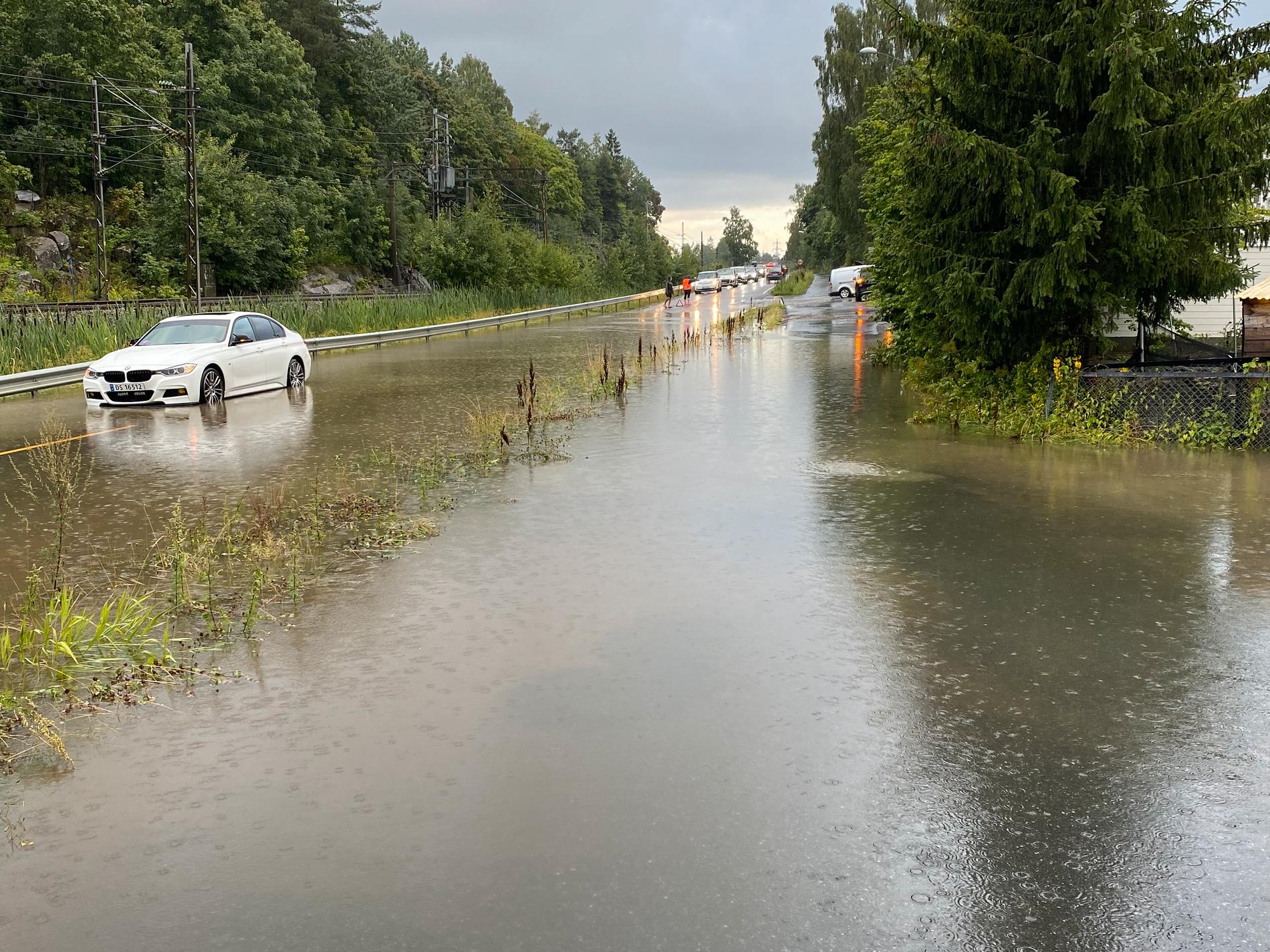The Loch Ness Centre is organizing the largest hunt for the legendary Loch Ness monster in over 50 years. The event, called the “Quest Weekend,” is scheduled for August 26 and 27 and aims to inspire a new generation of monster hunters. Experienced Nessie researchers, along with volunteers and ”budding monster hunters,” will use modern technology to scan the waters of Scotland’s famous Loch Ness.
The Loch Ness Centre, which runs an exhibition and tours of the lake, plans to utilize airborne drones equipped with infrared cameras to capture thermal images of the water. They will also use a hydrophone to pick up any acoustic signals underwater that resemble Nessie-like calls. Additionally, the researchers will set up six surface-watch locations around the 23-mile-long lake.
The Loch Ness Centre hopes that this event will draw searchers from around the world to join the centuries-long tradition of looking for the Loch Ness monster. Loch Ness, located in the Scottish Highlands near Inverness, has long been associated with the mythical creature. Although Nessie’s existence has never been proven, the legend has captivated people for decades, sparking research, exploration, and stories.
The lake, known for its deep and vast waters, holds the largest volume of freshwater in the United Kingdom. Over the years, various theories have been proposed about the nature of the creature said to lurk beneath the surface, ranging from an extinct prehistoric reptile called a plesiosaur to swimming circus elephants. In 2019, scientists analyzing DNA in water samples from the lake found genetic material from eels but no evidence of sharks, sturgeons, or prehistoric reptiles.
The earliest recorded sighting of Nessie dates back to 565 A.D., when an Irish saint was said to have encountered the beast. The legend gained international attention in the 1900s, with reports of sightings and a famous photograph that was later debunked as a hoax. Various organizations and teams have conducted surface watches and sonar sweeps of the lake in the past, with the last major surface watch taking place in the 1970s.
The Official Loch Ness Monster Sightings Register has recorded 1,148 sightings to date, with three reported this year and six reported last year. People often report seeing a break or wake in the water or a dark-colored hump or object appearing out of the water. The Loch Ness Centre encourages enthusiasts to participate in the hunt and report any sightings they may have.
For those unable to travel to Scotland, Visit Inverness Loch Ness offers a daily live stream of several spots on the lake. Viewers who spot something unusual can take a screenshot and report the sighting to the webcam operators. The footage must show clear facial features of an unknown creature to be considered an official sighting.
The Loch Ness Centre hopes that this massive search for Nessie will not only contribute to the ongoing mystery but also inspire a new generation of Loch Ness enthusiasts.

What role does the hydrophone play in the speculation and search for the Loch Ness monster, and how does it contribute to the collection of valuable data
Ration, and speculation.
During the Quest Weekend, participants will have the opportunity to learn from experienced researchers as they share their knowledge and techniques for monster hunting. Volunteers will also be trained on how to use the latest technology, such as drones and hydrophones, to search for any signs of the elusive creature.
The use of airborne drones equipped with infrared cameras is particularly exciting, as it promises to provide a unique perspective of the lake and its surroundings. The thermal images captured by the drones could potentially reveal any anomalies in the water, providing clues about the presence of Nessie or other aquatic creatures.
The hydrophone, on the other hand, will be used to listen for any acoustic signals underwater that resemble the calls of Nessie. This technology has been successful in detecting elusive underwater animals in the past and could potentially pick up sounds that have been previously unheard.
In addition to these modern advancements, six surface-watch locations will be set up around the lake. These vantage points will enable researchers to observe the water from different angles and potentially spot any significant movements or disturbances.
The Loch Ness Centre hopes that this event will not only gather valuable data for future research but also inspire a new generation of monster hunters. By involving volunteers and ”budding monster hunters,” the centre aims to pass on the knowledge and passion for investigating the Loch Ness mystery.
Loch Ness has long been a symbol of intrigue and fascination, and the legend of the Loch Ness monster continues to attract both believers and skeptics alike. The Quest Weekend provides an opportunity for people from all over the world to come together and join in the centuries-long tradition of searching for Nessie.
While the existence of the Loch Ness monster remains unproven, events like the Quest Weekend keep the legend alive and encourage ongoing research and exploration. Whether Nessie is ever found or not, the fascination with this mythical creature ensures that the search will continue to captivate people for years to come.

